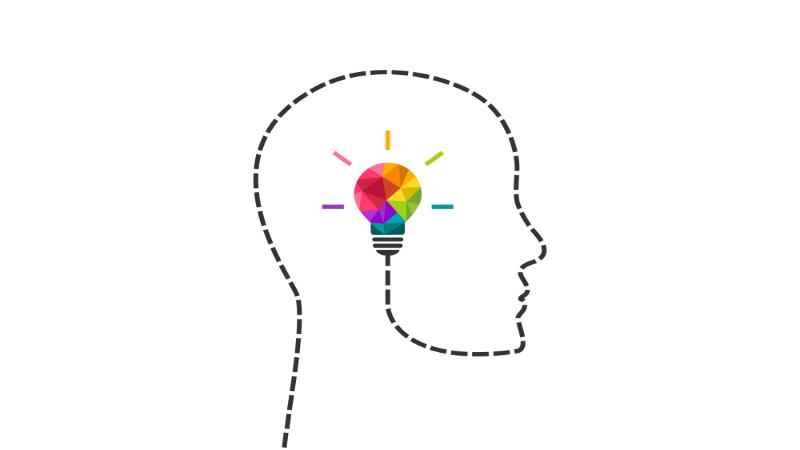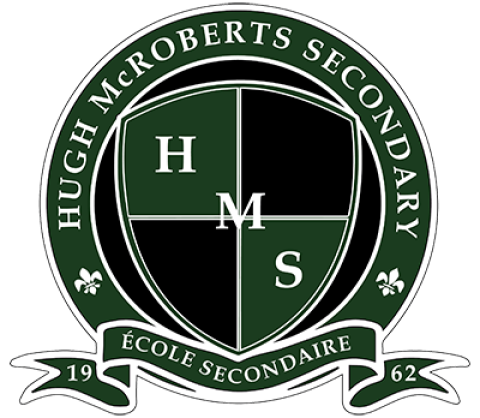Personal Learning Time (PLT)

Personal Learning Time
Personal Learning Time (PLT) is an opportunity for students to work either independently or with staff support. Below are some of the principles of PLT.
- All students are required to attend PLT in a learning space. Students must sign up for a learning space at least 1 day before the PLT session.
- Teachers will be available for 96 minutes per week (Tuesdays & Thursdays) to support PLT
- Staff PLT/Prep time will be balanced so students may have access to all subject areas during PLT.
Guiding Principles for PLT at McRoberts:
- PLT is Instructional Time: To ensure all students make thoughtful use of PLT, students will be within a classroom space, supervised and supported by a teacher. The district’s Digital Device Policy applies during PLT.
- Self-Directed, Self-Managed, and Self-Regulated: PLT activities require active participation from students to independently direct their learning, manage their time effectively, and utilize available resources.
- Nurturing Individual Passions: PLT strives to engage learners by offering time to pursue their interests and passions, fostering a deeper connection to the learning process.
- Development of Core Competencies: All PLT activities support the development of Core Competencies, which serve as the foundation for all learning.
- Cultivating a Growth Mindset: PLT aims to cultivate a growth mindset in students, encouraging students to build upon their knowledge and skills.
Through these guiding principles, PLT at McRoberts seeks to empower students, foster a love for learning, and support their holistic development during their educational journey.
During PLT time, students will have access to teachers and departments, and a place/space to engage in their learning individually or collaboratively. The library will continue to be open during PLT with limited capacity. A range of personalized learning opportunities for students might include (not an exhaustive list):
Learning Opportunities | Explanation and Examples |
Cross curricular and/or project-based inquiry | Students may access support from teachers during PLT to complete projects. For example:
|
Enrichment and learning support for individuals or small groups
| Students may seek extra help and/or extend their learning in an area of interest. For example:
|
Additional learning support from Learning Assistance/Resource teachers | Students may access Learning Assistance/Resource teachers for help. For example:
|
Enhancing language acquisition for ELL students across the curriculum | ELL students may use this time to further develop their language skills. For example:
|
Reflection and self-assessment of the Core Competencies | Students may use this time to meet the Ministry’s requirements around Core Competencies. For example:
|
Support for Off-Timetable courses.
| Students may use this time to complete required tasks for their off-timetable courses. For example:
|
Fulfillment of CLC and Capstone graduation requirements | Students may use this time to complete required tasks for graduation. For example:
|
Support for “IE” Learning Completion, incomplete assignments, etc.
| Teachers may ask students to come in to make up missed work or to redo work that has not met the learning standards for the course. For example:
|
